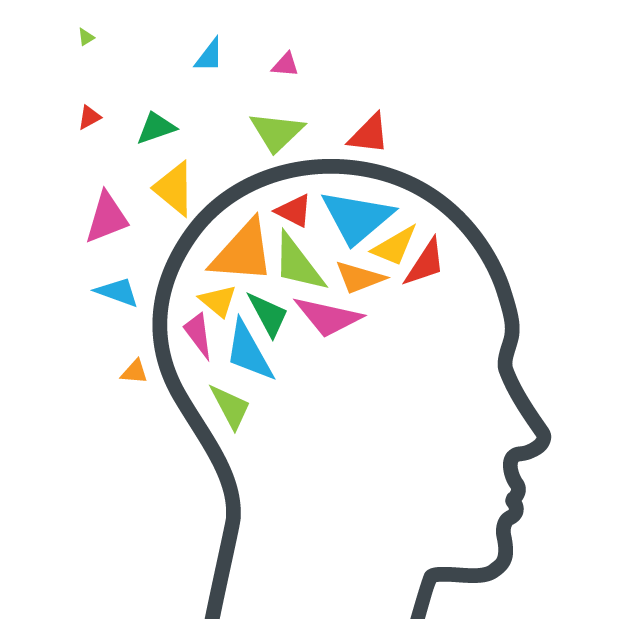Setting the stage
You are becoming an educator or, are already working in schools. Your focus is naturally very much on student success. The question, “How can I best support my students to be successful?” drives much of your work.
As you know, your roles as educators can extend beyond the classroom. Your influence is far reaching. It is important for you to understand that what impacts you as a person may impact your students as well.
An educator’s role is not only to help children and youth achieve academic success, but also to help foster their growth and development, including their mental health. This perspective is supported by child and youth mental health strategies nationally and internationally.
“Educators, in particular, identified that with the proper information, training and supports, they may be the best positioned to challenge stigma, enhance mental health literacy and raise awareness of child and youth mental health.”
Engaging with this resource
This resource was designed to be used by teacher candidates and practicing educators alike. School administrators, trustees, board members, policy makers and others involved in education may also find this useful to help inform their work.
This resource is presented as Core Material and Deeper Dive material in each module. The core material constitutes the content designed for use by teacher candidates, as part of their academic learning components. This can also be the focus of continuing professional development for certified educators. The Deeper Dive material constitutes a more in-depth treatment of each module topic. It can be used to supplement the Core Material and as additional learning for those interested. Also, if taken together, the combined Core Materials and Deeper Dive materials can be used in post graduate education courses (for example, MEd programs) or for additional self-directed learning.
How to use this resource
If you are a faculty member:
You are welcome to use this resource as an entire course that can be done by your students online. If so, you may want to develop a method for tracking this and an evaluation format that will provide you with the assessment information you require. Alternatively, you may choose to use various modules to support or supplement different components of courses that you are already teaching. There is no prescribed way to approach this material.
Teacher candidates who take the entire course and successfully complete each of the Self-Assessment quizzes at the end of each module can receive a certificate of completion from the four partner institutions.
Your own faculty may decide to accept this as a credit equivalent should you choose to do so.
If you are a certified teacher:
You can take the Core Material course and receive a professional education recognition certificate from the Faculty of Education at the University of British Columbia. Alternatively, you can pick and choose the modules you wish to engage with as part of your own professional learning needs.

